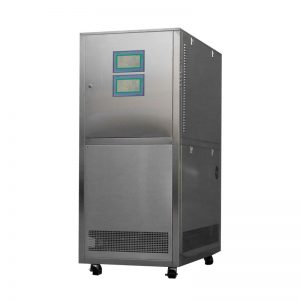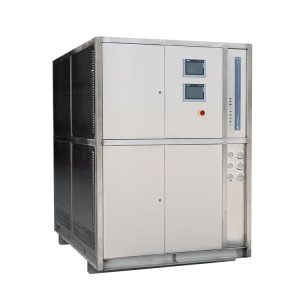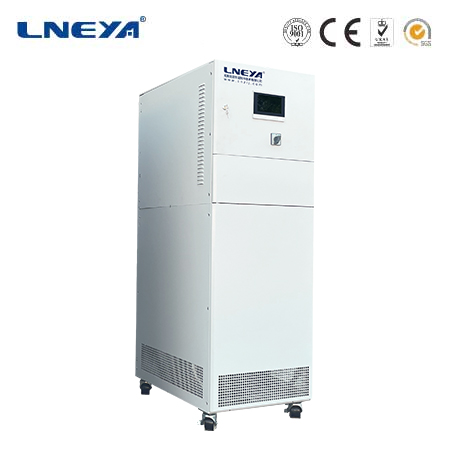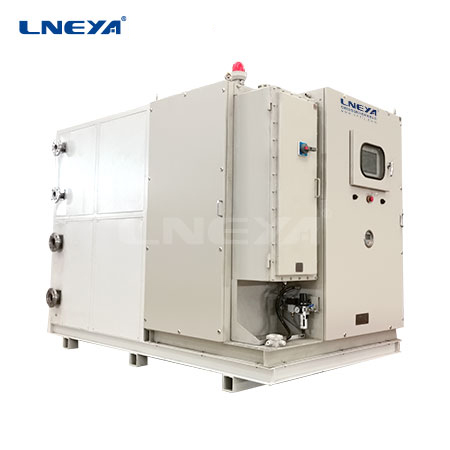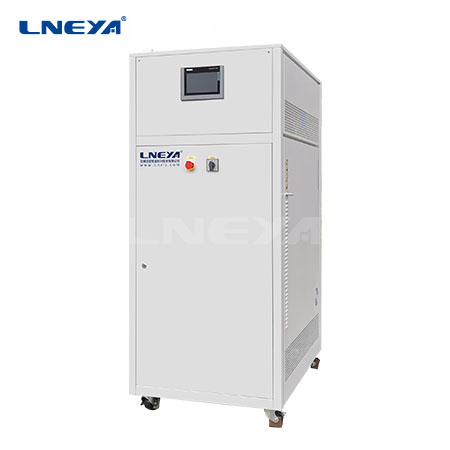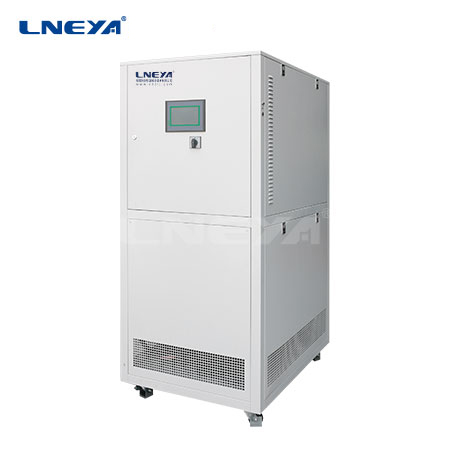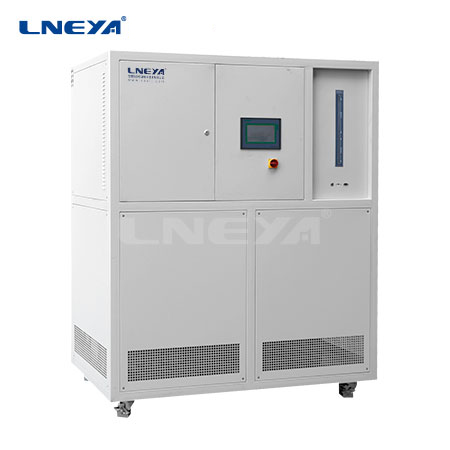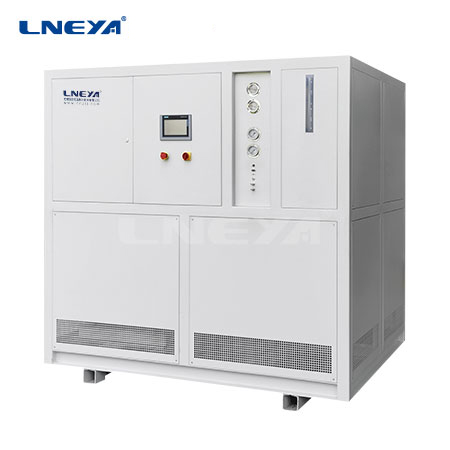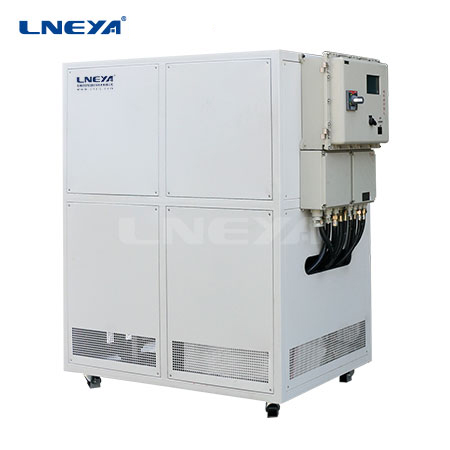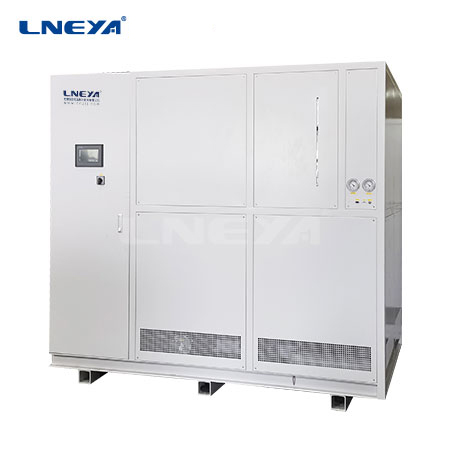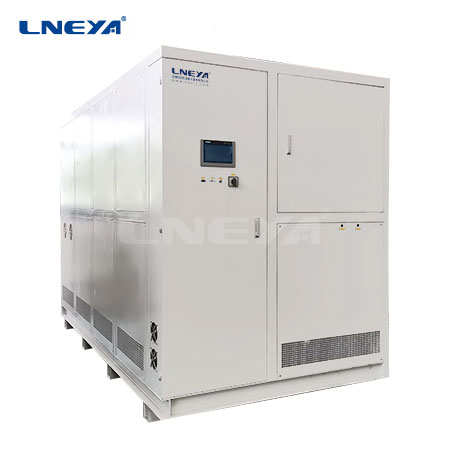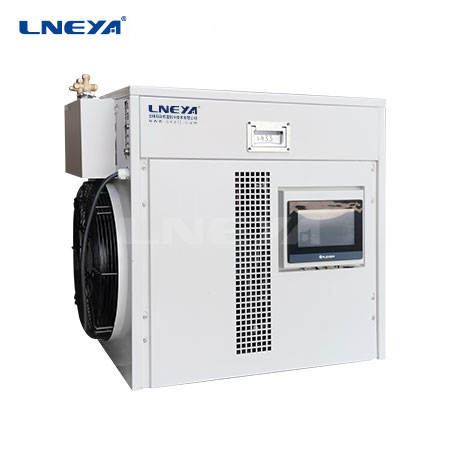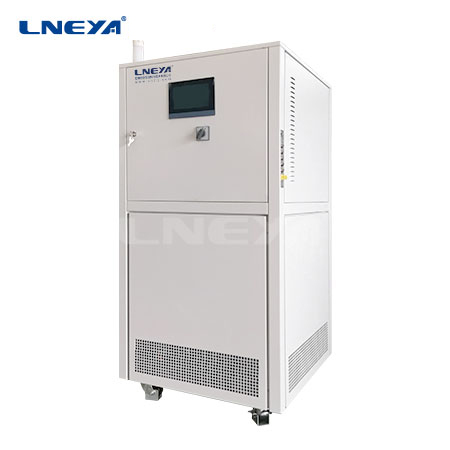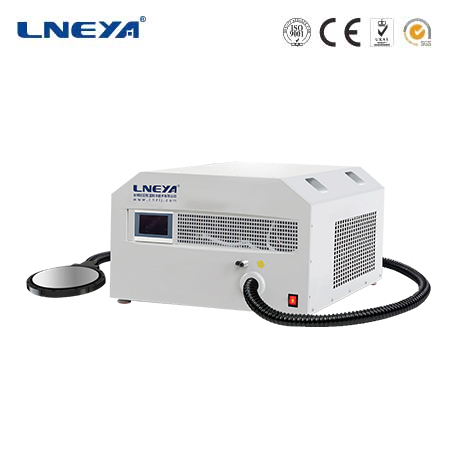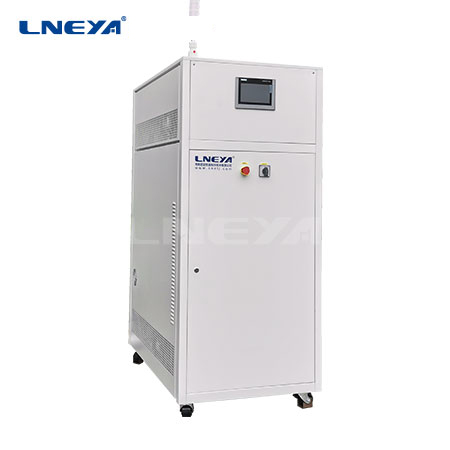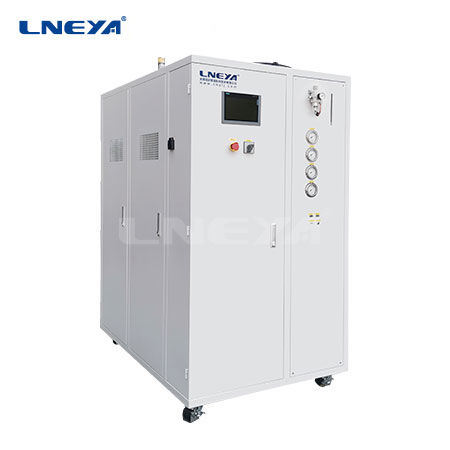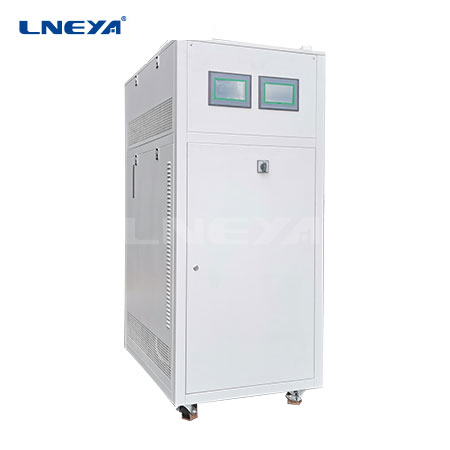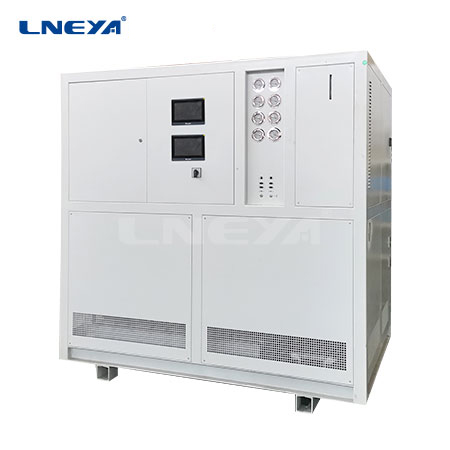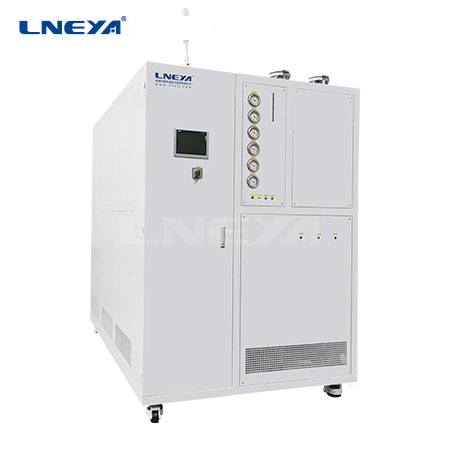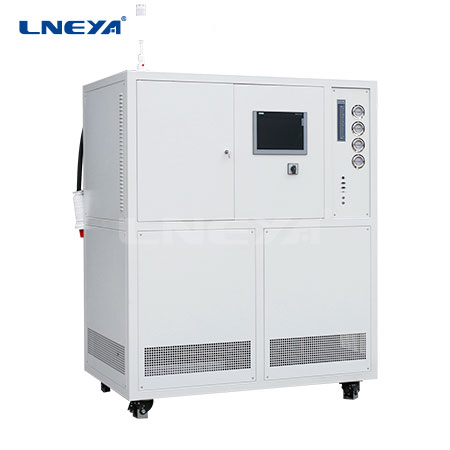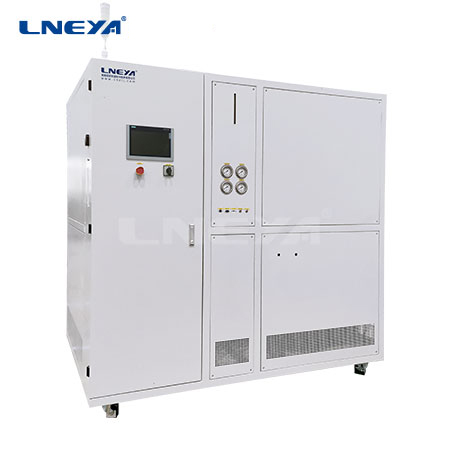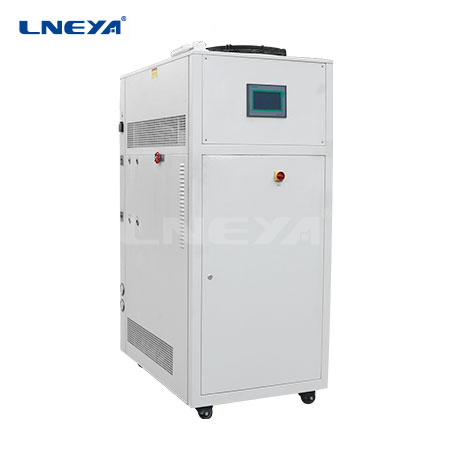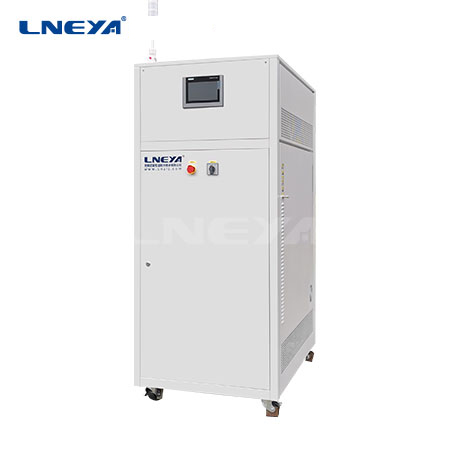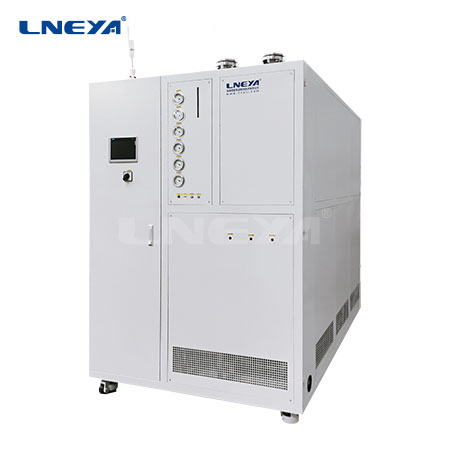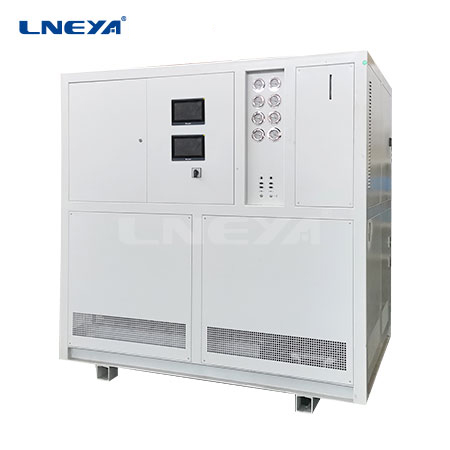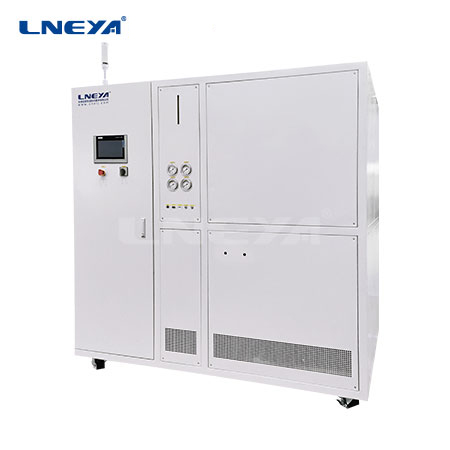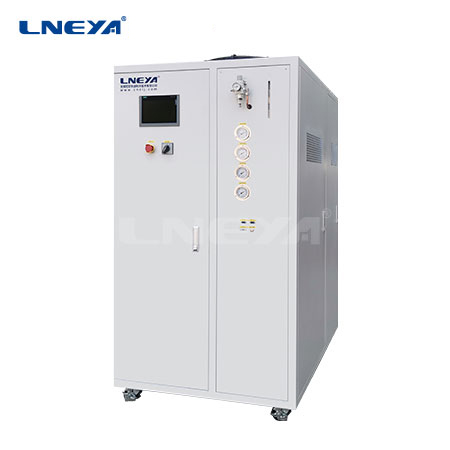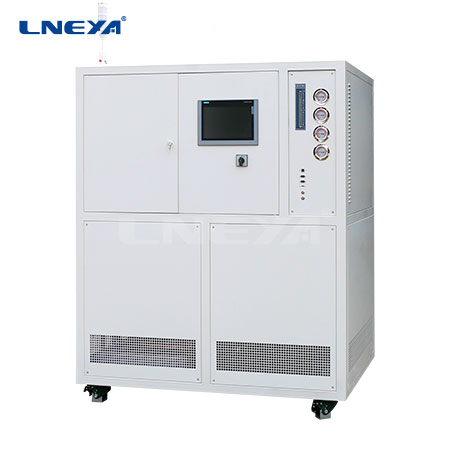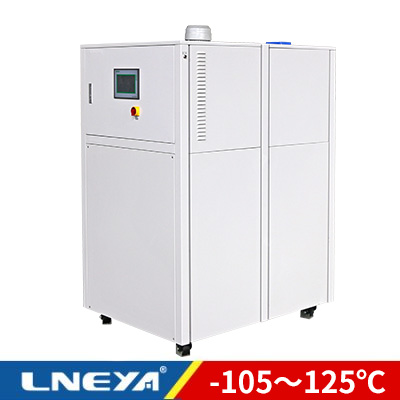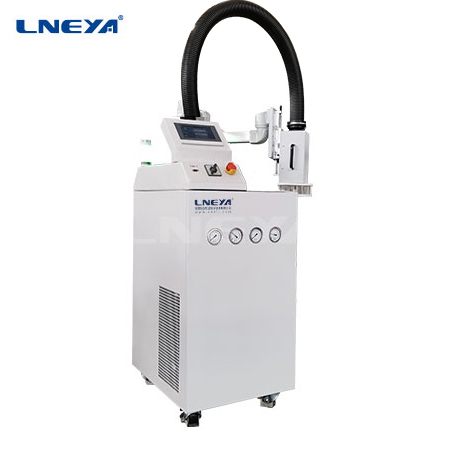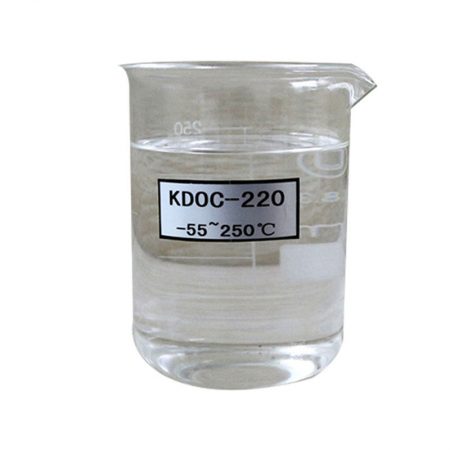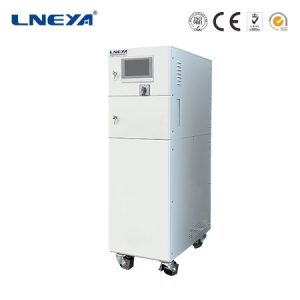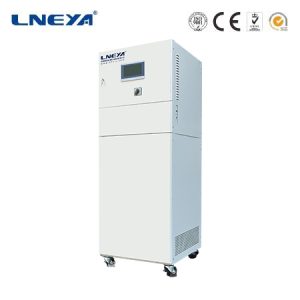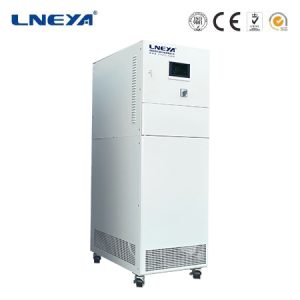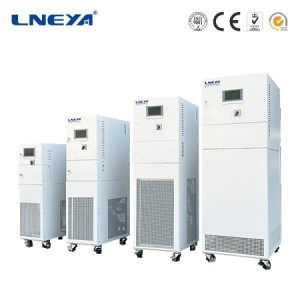Small Recirculating Water Chiller
It is important to have a high-quality small recirculating water chiller, but using proper skills in the process of using the chiller may make your work more effective. We have sorted out the user’s skills in the process of using small recirculating water chiller for you, hoping to provide some valuable suggestions.
After purchasing a small recirculating water chiller, pay attention to the installation of the equipment, which will greatly improve the performance of the industrial chiller. First check whether the machine is in good condition, whether the installation site is empty, and whether the location is suitable. A suitable and sufficient space should be selected to facilitate the normal operation and future maintenance of the small recirculating water chiller. Hard cement ground is recommended for installation, plus installation pads. The installed ground cement is about 50mm thick and can bear the operating weight of the equipment.
Small recirculating water chiller should be installed at a room temperature between 5°C and 35°C. There is no shelter around and above the equipment, and enough space should be left for smooth ventilation and normal operation of the equipment. The pipe installation space should also be sufficient, and the connecting part of the pipe can use door openings or other openings in suitable positions. The water in the room should be unobstructed. Appropriate pipe diameters should be selected for water pipes to ensure the flow and pressure of the cooling system and cold water system when the small recirculating water chiller is running at maximum power, and to ensure the correct connection between pipe fittings.
The reasonable utilization efficiency of small recirculating water chiller is the main method to improve utilization efficiency. When using the product, the cooling water capacity should be reasonably selected, or the operating speed should be adjusted. The load experiment shows that under the condition of ensuring the safe operation of the refrigeration equipment, when the equipment operates at a load of 70%-80%, the power consumption per unit cooling capacity is the smallest.
Reducing the condensation temperature of small recirculating water chiller is an important way to improve refrigeration efficiency. Under the premise of meeting the operation, installation and refrigeration requirements, try to increase the evaporation temperature and reduce the condensation temperature. For example, when installing a water-cooled small recirculating water chiller, there must be a certain margin when selecting a matching industrial cooling tower. At the same time, comprehensively consider the operation of pipeline water pumps and cooling towers, and increase the transformation of the original cooling tower circulating water system to ensure the cooling efficiency of cooling water.
Avoiding and reducing the scaling of pipes in the small recirculating water chiller can improve the heat exchange efficiency of the condenser and evaporator. When the equipment is running for a long time, if the cooling water and chilled water in the system are not properly disposed of, calcium bicarbonate and magnesium bicarbonate in the circulating water will produce calcium carbonate and magnesium carbonate, which will accumulate on the pipe wall of the pipe or heat exchanger. Decrease the thermal conductivity, affect the heat exchange efficiency of the condenser and evaporator, and increase the power consumption of the equipment. Therefore, when we use the small recirculating water chiller, we should use the corresponding technology to treat the water, and regularly descale and clean the water system pipes and cooling towers to improve the heat exchange efficiency.

Niedertemperatur-Kühlgeräte (Benutzerdefinierte Designs)
Wir haben uns auf die Herstellung von Niedertemperaturkältemaschinen mit einem Temperaturregelbereich von bis zu -150°C spezialisiert, die den Kühlbedarf verschiedener Branchen decken.
| Temperaturbereich | Serie -25°C ~ -5°C | Serie -45°C ~ -10°C | Serie -60°C ~ -10°C | Serie -80°C ~ -30°C | Serie -110°C ~ -50°C | Serie -150°C ~ -110°C |
| Kühlleistung | 12 ~ 360kW | 6 ~ 180kW | 6 ~ 180kW | 4 ~ 180kW | 2 ~ 120kW | 2,5 ~ 11kW |

Rückkühler (Benutzerdefinierte Designs)
Unser Rückkühler arbeitet mit Niedertemperatur-Kältetechnik, die Temperatur beträgt bis zu -120℃, und verschiedene Zubehörteile sind anpassbar.
| Temperaturbereich | Serie -25°C ~ +30°C | -45°C ~ +30°C Reihe | Serie -60°C ~ -20°C | Serie -80°C ~ -20°C | Serie -120°C ~ -70°C |
| Kühlleistung | 0,8 ~ 30kW | 0,75 ~ 12kW | 0,4 ~ 6kW | 0,2 ~ 6kW | 0,3 ~ 5kW |

Raumtemperatur-Kühlgeräte / Kleinkühlgeräte (Benutzerdefinierte Designs)
Die Kältemaschine kann in verschiedenen Industrien und Labors eingesetzt werden und unterstützt kundenspezifische Designs.
| Temperaturbereich | -18°C ~ +30°C | +5°C ~ +35°C Reihe |
| Kühlleistung | 0,35 ~ 0,9kW | 1,8 ~ 50kW |
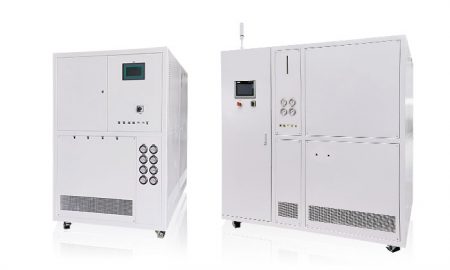 Chillers for Automotive Battery Test (Benutzerdefinierte Designs)
Chillers for Automotive Battery Test (Benutzerdefinierte Designs)
Temperatursimulation für die Qualitätsprüfung von Fahrzeugen: Prüfung der Batterielebensdauer, Prüfstand für Einspritzdüsen/Motoren, Airbag-Prüfung, Komponentenprüfstand, usw.
| Temperaturbereich | -25°C ~ +100°C | -40°C ~ +100°C | 0°C ~ +100°C | -40°C ~ +135°C |
| Kühlleistung | 2,8 ~ 38kW | 1,2 ~ 60kW | 1.8 ~ 60kW | 4 ~ 60kW |
Temperatur/Druck/Durchfluss können unabhängig voneinander geregelt werden.
1&2: eine Maschine für zwei Kontrollgruppen.
| Temperaturbereich | -40 ~ +100℃ 1&2 | 0 ~ +100℃ 1&2 |
| Kühlleistung | 1.8kW*2 ~ 60kW*2 | 1.8kW*2 ~ 60kW*2 |
Die Temperatur bleibt konstant, Druck und Durchfluss können unabhängig voneinander geregelt werden.
1&3: eine Maschine für drei Kontrollgruppen.
1&6: eine Maschine für sechs Kontrollgruppen.
| Temperaturbereich | -40 ~ +100℃ 1&2 | -40 ~ +100℃ 1&3 | -40 ~ +100℃ 1&6 | -20 ~ +100℃ 1&6 | 0 ~ +100℃ 1&2 | 0 ~ +100℃ 1&3 | 0 ~ +100℃ 1&6 |
| Kühlleistung | 2,5 ~ 60kW | 4 ~ 60kW | 10 ~ 60kW | 10 ~ 60kW | 7 ~ 60kW | 11 ~ 60kW | 18 ~ 60kW |

Halbleiter Kühlanlagen (TES series) (Benutzerdefinierte Designs)
Geeignet für die präzise Temperaturkontrolle von elektronischen Bauteilen. Bei der Herstellung von elektronischen Halbleiterkomponenten für raue Umgebungen umfassen die Phasen der IC-Gehäusemontage sowie der Entwicklungs- und Produktionstests auch elektronische Wärmetests und andere Simulationen von Umwelttests.
| Temperaturbereich | Serie -45°C ~ +250°C | Serie -85°C ~ +200°C | Serie -60°C ~ +200°C |
| Kühlleistung | 0,3 ~ 25kW | 0,25 ~ 25kW | 3 ~ 60kW |

Halbleiter Kühlanlagen (LTS series) (Benutzerdefinierte Designs)
Geeignet für die präzise Temperaturkontrolle von elektronischen Bauteilen. Bei der Herstellung von elektronischen Halbleiterkomponenten für raue Umgebungen umfassen die Phasen der IC-Gehäusemontage sowie der Entwicklungs- und Produktionstests auch elektronische Wärmetests und andere Simulationen von Umwelttests.
| Temperaturbereich | -20°C ~ +80°C Reihe | Serie -45°C ~ +80°C | Serie -60°C ~ +80°C | Serie -80°C ~ +80°C |
| Durchflusskontrolle | 7 ~ 45 L/min | 7 ~ 45 L/min | 7 ~ 45 L/min | 7 ~ 45 L/min |

Kältemaschinen für die Energiespeicherung(Benutzerdefinierte Designs)
Liquid Cooling Solutions For Battery Energy Storage Systems
| Temperaturbereich | -45°C ~ +55°C |
| Kühlleistung | 45kW |

Schraubenkühler (Benutzerdefinierte Designs)
Niedertemperatur-Schraubenkühlmaschinen und Raumtemperatur-Schraubenkühlmaschinen
| Temperaturbereich | +5°C ~ +30°C | +5°C ~ +30°C | +5°C ~ +30°C | +5°C ~ +30°C | -25°C ~ +5°C | -25°C ~ +5°C |
| Kühlleistung | 107 ~ 1027kW (Einzelverdichter) | 299 ~ 2134kW (Doppelkompressor) | 98 ~ 934kW (Einzelverdichter) | 272 ~ 1940kW (Doppelkompressor) | 48 ~ 467kW (Einzelverdichter) | 51 ~ 497kW (Einzelverdichter) |
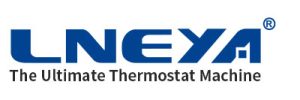 LNEYA
LNEYA
 简体中文
简体中文










